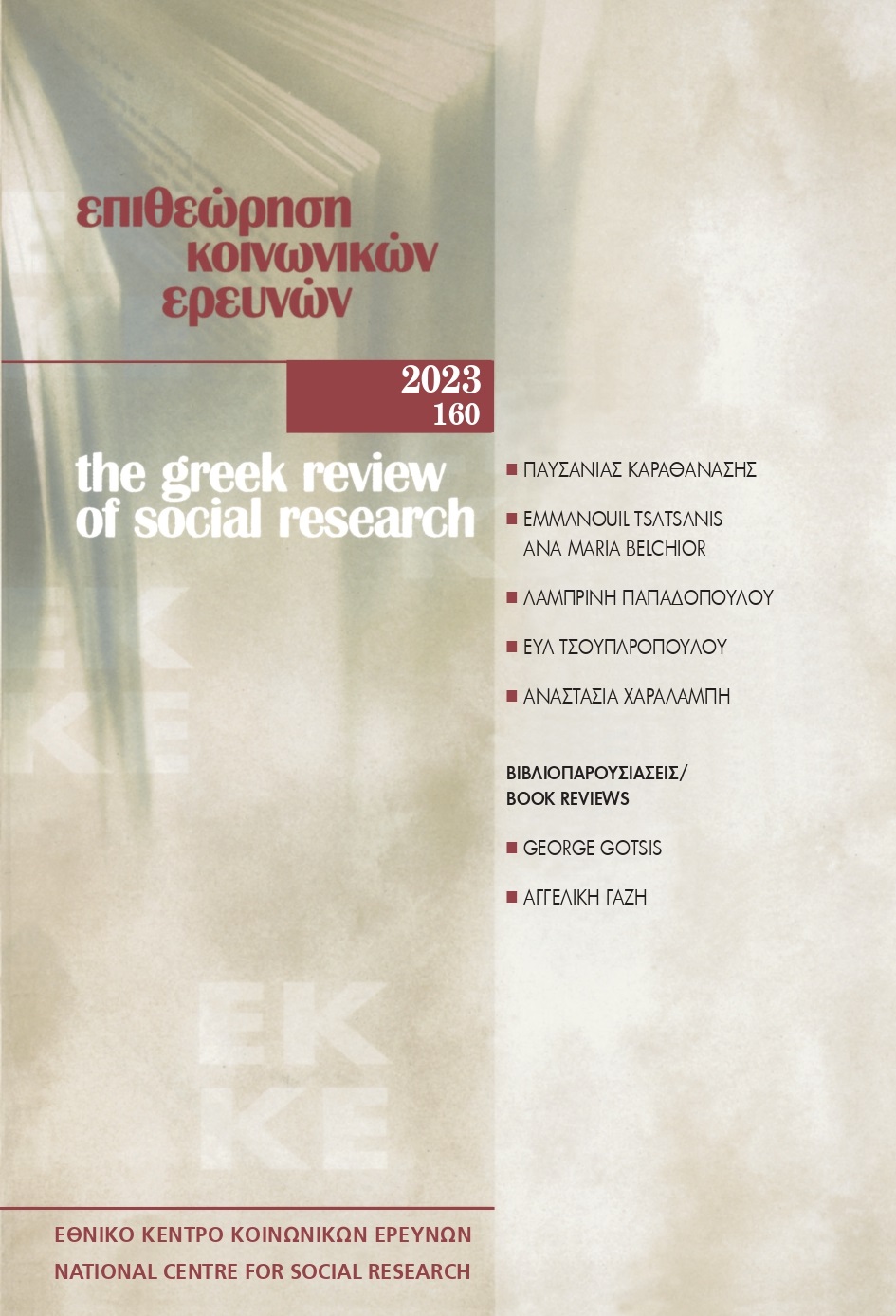Losers of globalization, losers in representation? The impact of education on unequal policy representation in Europe

Abstract
The article focuses on the impact of education on policy representation. It examines degrees of congruence between political elites and citizens on policy preferences across different policy issues, trying to discern whether there is a representation gap between the so-called “winners” and “losers” of globalization in Europe as captured via the proxy measure of educational attainment. Additionally, we examine whether this representation gap, as well as overall levels of congruence, are affected by contextual factors related to the economy and the ideological orientation of governments. Using data from the 2014 European Election Studies and the 2014 Chapel Hill Expert Survey, our findings largely confirm the existence of a representation gap along educational lines. Contextual factors related to the economy present weak or no direct and moderating effects whereas ideologically left-leaning governments accentuate, for the most part, the representation gap between individuals of low and high educational attainment.
Article Details
- How to Cite
-
Tsatsanis, E., & Belchior, A. M. (2023). Losers of globalization, losers in representation? The impact of education on unequal policy representation in Europe. The Greek Review of Social Research, 160, 39–77. https://doi.org/10.12681/grsr.33161
- Issue
- 2023: 160
- Section
- Articles

This work is licensed under a Creative Commons Attribution-NonCommercial 4.0 International License.
Authors who publish with this journal agree to the following terms:
- Authors retain copyright and grant the journal right of first publication with the work simultaneously licensed under a Creative Commons Attribution Non-Commercial License that allows others to share the work with an acknowledgement of the work's authorship and initial publication in this journal.
- Authors are able to enter into separate, additional contractual arrangements for the non-exclusive distribution of the journal's published version of the work (e.g. post it to an institutional repository or publish it in a book), with an acknowledgement of its initial publication in this journal.
- Authors are permitted and encouraged to post their work online (preferably in institutional repositories or on their website) prior to and during the submission process, as it can lead to productive exchanges, as well as earlier and greater citation of published work (See The Effect of Open Access).


